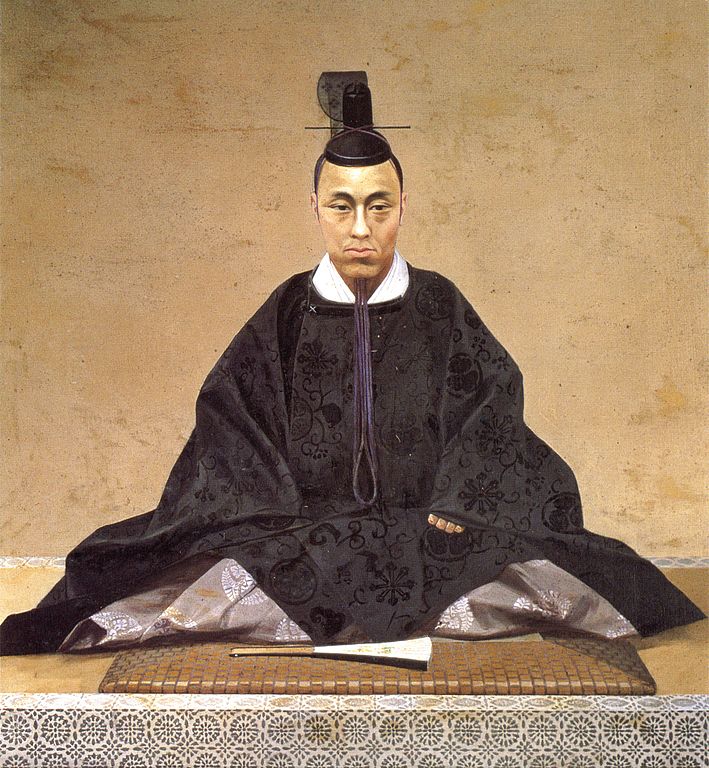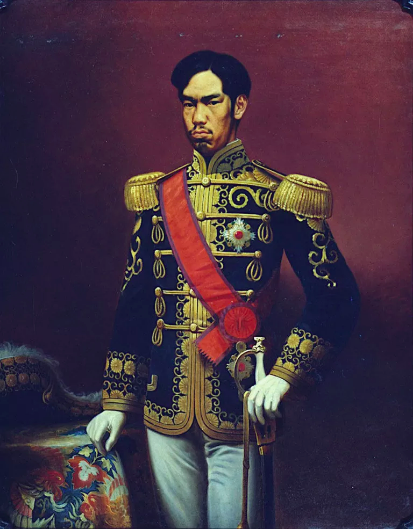

Under "sakoku," the isolationist policy of the Tokugawa Shogunate, Japan maintained relations with the Netherlands, and Japanese scholars were permitted to engage in "Rangaku," or "Dutch Studies." In practice, this meant that many of Japan's intellectuals became fascinated with Western technology, medicine, astronomy, chemistry, and industry. Nevertheless, Western science was largely considered a corrupting influence on Japanese culture.

In 1825, the shogun issued the "Edict to Repel Foreign Vessels," actively attacking foreign merchant ships that came too close to Japan. However, the edict was repealed in 1842, after the Japanese saw how easily Western powers defeated China in the Opium Wars. Japan still remained closed to trade, however, until 1854, when US Navy Commodore (Rear Admiral) Matthew Perry sailed into Edo with a small fleet of American steam-powered ironclad warships. Without consulting the emperor, the shogun Iemochi agreed to open the country up to trade, but this caused the daimyo (local samurai leaders) to rebel.
Iemochi was succeeded as shogun by Tokugawa Yoshinobu in 1866, and the following year, Emperor Meiji took the throne. In 1868 (under pressure from various military groups), Meiji declared the end of the shogunate and a full restoration of imperial power. This led to the Boshin War between the forces loyal to the emperor and those loyal to the shogun.
Under Emperor Meiji, all daimyo were forced to cede their land to the emperor, creating a centralized state. Feudalism was abolished and a conscript army was established. The imperial capital was moved to Tokyo, where the shogun had ruled. Japan rapidly industrialized, its government paying special attention to Western warfare.
The newly formed Empire of Japan began to extend its influence beyond the Japanese archipelago. This brought Japan into conflict not only with Asian countries but with Western powers. Japan defeated China in the 1895 Sino-Japanese War and then, to everyone's surprise (including theirs), defeated Russia in the Russo-Japanese War ten years later. In just a half century, Japan had transformed from a decentralized, isolationist feudal state into a unitary industrial world power.